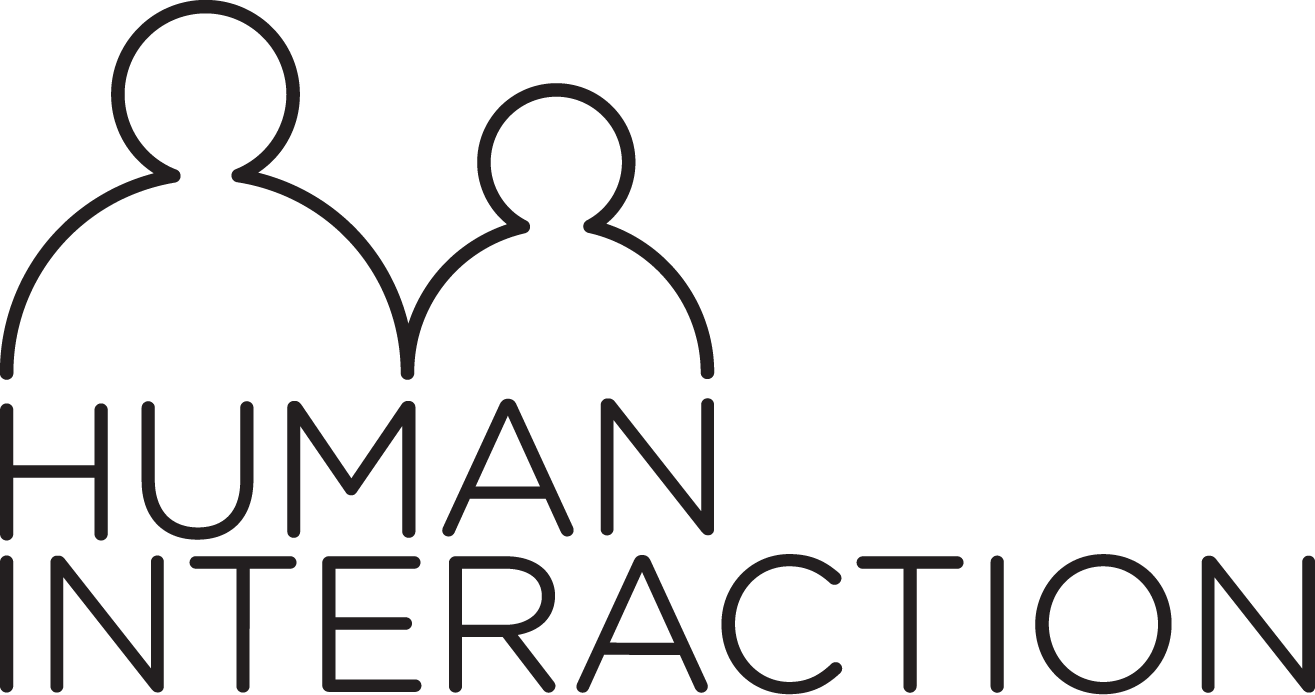Psychotheraphy - BrainWorking Recursive Therapy (BWRT®)
A simple, fast, and extremely effective method of therapy to create change in fewer sessions
What is BWRT®, and why do we believe in it?
Terence Watts, a UK professional Therapist (MCGI), developed BWRT®, a psychotherapy modality grounded in neuroscience. It is a simple, logical technique that is fast-acting and highly effective. It presents a "user-friendly" understanding of the subconscious mind, how the brain works, and how it affects an individual's mood, behaviour, and emotions.
Our patients only need to share information they feel comfortable sharing with us during therapy sessions, which means the approach is content-free. Even when sharing minimal information, BWRT® still works effectively.
It is important to know that patients are alert and reactive during the therapy and process.
We believe in this pioneering approach to psychotherapy because, compared to other therapeutic techniques, it produces results and effective change within a minimum number of sessions
What BWRT® can help you with
Fear concerning, for example, failure, authority, and abandonment
Phobias regarding, for example, spiders, dogs, or social interaction
PTSD
Self-worth or self-confidence issues
Anxiety and/or panic attacks
Trauma
Grief and loss
Relationship issues
Stress relating to, for example, examinations
How does BWRT® work?
BWRT® concentrates on the gap between a stimulus and the conscious awareness of our actions. Before becoming aware of an action, a person's brain has already selected a specific response. This is an unconscious process based on previous experiences regarding a similar situation.
Through natural psychological processes, destructive associations with problematic or deeply troubling memories that result in undesirable behaviour or thoughts are 'short-circuited'. New, adaptive neural pathways that do not have the old unwanted emotional responses attached to them, are then created.
Within a very short period, a person no longer feels any negative response to the trigger of the presenting symptom, no matter how hard they may try to 'fire it up' again.
FAQs
-
During the initial introduction or "intake" session, we work together in a collaborative manner to develop an understanding of the problem in question which will give us a better idea of how we would be able to assist you. Having said that, with BWRT®, if you'd prefer to not disclose full details of the bothersome event, therapy can still be concluded successfully – in other words, it can be contentless.
-
If we believe that the problem falls beyond our scope of expertise or that we are not a good fit because of, for example, incompatible personalities or different life experiences or cultures, we will refer you to a suitable professional.
-
BWRT sessions are approximately 50-60 minutes long.
-
One specific issue is generally addressed per session, but sometimes, contingent on how you feel and the availability of time, more than one problem can be tackled per session. Depending on the outcome of the session, a second session may be required to work through more complex problems.
-
As a psychologist registered with the Health Professions Council of South Africa, Dr. Elsie Rossouw is bound by their professional, legal, and ethical rules. This means that information regarding your therapy sessions is not shared with anyone without your expressed written permission. Face-to-face consultations take place in a private setting. To ensure that online consultations are private, we use secure platforms and our virus software is kept updated. You, as the patient, however, also have a responsibility to ensure privacy, for example, by ensuring that nobody can overhear or interrupt you during a session, ensuring that you have a virus scanner installed, and to never use a public computer for therapy.
There are some exceptions to confidentiality. If there is a possibility of harm to yourself or another person, or in a case of, for example, child abuse, we are obliged to report such information to the appropriate authorities.
-
This would depend on your preference and resources.
Online therapy would be a good choice for you if:
You prefer access to treatment from the comfort of your own home (or other space of your choice).
You live remotely; travel frequently; have fixed working hours; have difficulties with transportation; or are unable to leave your home due to disability or an underlying health condition.
You have privacy concerns, and you prefer the anonymity of online consultation, where you, for example, do not have to request time off work, or risk bumping into acquaintances.
You feel more relaxed and empowered during the therapy session when you are in your own familiar space.
Face-to-face therapy may be your preference if:
You do not have access to a computer or are not familiar with platforms such as Microsoft Teams.
You are afraid your session may be interrupted due to, for example, load shedding, or that you may run out of data.
You are afraid that you would not be able to form a strong therapeutic relationship, which could result in you feeling disconnected.
You do not have a quiet space.
-
For video therapy you will need a computer, laptop, or phone with Microsoft Teams (or an alternative platform that we agree upon) installed, and an internet connection fast enough to support video conferencing (at least 2 Mbps).
To ensure a stable internet connection, it is preferable to use an Ethernet cable or sit close to your router.
(You can check your internet speed by going into Google in your browser, typing ‘speed test’, and then running a speed test.)
We will agree on back-up plans in the event of a poor or lost connection. This may involve changing platforms, shifting from video to audio, and/or rescheduling your session – depending on your preferences.







